This past week like many students, I first heard about the Boston Marathon Bombing via Facebook. However, most of what I saw was merely short messages saying things like, “Keep Boston in your prayers,” or “What a terrible thing.” So, being interested in reporting, I decided to dig a little deeper to find out exactly what happened.
I soon discovered several uncensored images attached to stories about the incident as I wandered through the far-reaching invention that is internet, to popular websites like Reddit, and photo sharing sites like Flickr. I was absolutely horrified by what I saw. Just reading about the three people who had died and the more than 100 who were injured couldn’t have prepared me for the photos I wish I could unsee now; pictures of runners with legs blown off at the knee, the blood stained streets, the terrorized faces of people running from the scene. I was sure that by morning, students, teachers, community members would be talking about it all day.
I was wrong.
In fact, at school there wasn’t even any real acknowledgement of the Boston events beyond the initial round of prayers that had happened over Facebook the night before. Even as the Twitterverse exploded with news of possible suspects and various other conspiracy theories, my personal social media feed remained completely silent about the subject.

54 minutes before the explosion
Amantha Hordagoda, English teacher at Manitou Springs High School, experienced something even more dramatic when she discussed the Boston Marathon bombing with her students as the events were unfolding.
When she read an article out loud to the class, she was shocked by the reaction. “It was interesting that they would say, ‘Oh, only two people died? That’s not so bad,’” said Hordogoda.
These comments made me wonder if these students had actually listened to the full story and realized how much damage the bombing had caused, or if they had viewed any of the images. With unregulated media like the Internet, it seems that most everyone would learn about a tragedy right away, since that information is so easy to obtain. However, because the Internet is so huge, we can spend our free time on Netflix, YouTube, or iFunny, easily avoiding websites that talk about current events. We might see a few posts about these tragedies on our Facebook news feeds, but we still have 200 other posts with less disturbing content to spend our time with. So students might be seeing only a headline, or a “Send your prayers to Boston” message, and never really hear the whole story.
“It’s different if two people die from a stabbing or a car accident or someone getting mugged…,” said Hordagoda. “There’s a big difference between that and what happened in Boston.”

Paramedics helping people in deserted street.
Maybe Facebook was just the wrong place to expect a discussion of traumatic information; it would sit between the mix of bathroom selfies and scores from the newest sports game. Still, social networking sites are used by some people to express their every thought throughout the day, so why aren’t they talking about Boston?
One of the common reasons I heard from students was that car bombings and other tragic incidents happen all the time in places like Afghanistan, and they never get any American press. Although it’s true that these situations should receive more media attention than they do, it’s no excuse to stop caring about any tragic event that happens around the globe.
Back in our parents age, you had to discuss these things. People gathered around the table to read the newspaper together and information spread from person to person, “Hey, did you hear about…?”. But today, it almost seems stupid to ask someone if they’ve heard about something because you know they probably saw it on Facebook or Twitter last night. It’s difficult to know how to bring up tragedies like this for discussion when you can’t ask a simple, “Did you hear about this?”
Likewise, many families no longer gather around the dinner table since both the men and women of the household are working, and kids are more scheduled than they were 20 years ago. There is less chance for discussion among students and adults because we’ve adapted this new “get up and go” lifestyle.
This generation has also hardly ever known of a time when America wasn’t at war. On every news channel, reporters regularly mention the soldiers who have died, and it has become routine to hear about death. Of course, then there are the violent movies and TV shows that constantly try to out-shock the others. Maybe we are becoming desensitized to death.
“[Students] might be putting up a front to try to appear strong or to appear unfazed….They might be saving it for later to grieve somewhere else. Maybe they just feel uncomfortable in class, or maybe they really are desensitized because it doesn’t hit home for them. It’s a really complex question,” said Hordagoda.
So what can we do about this? How can we get kids to open up? How can we get students to care about the issues of our world?
Although I don’t believe that all of these problems can be solved quickly and easily, I think that a major step in the right direction would be to offer more open counseling for students in schools or having more assemblies and memorials for some of the recent tragedies that have happened both within our community and outside of it. The more relationships between schools and students, the more safe and secure those students will feel.
“If adults don’t discuss things with kids, then kids discuss things with other kids, and I don’t think they have enough background knowledge and critical thinking skills to only use each other for discussion,” said Hordagoda. “I think that the more adults you have interacting in a child’s life the better, even if that adult creates adversity for that child, that’s still better than not having one there at all.”
We are all Bostonians, we are all Americans, we are all Afghans, we are all people, because we are all a part of this world. We must really educate ourselves to fully understand what’s going on, and not just rely on what the latest meme told us on Facebook. There are people all around us that are willing to help us get through any kind of situation that we go through, globally, locally, or internally. But this requires an equal response from adults openly offering discussion, and students seeking that advice. Without it, we could end up with a generation of people who are either hard-hearted or so freaked out by their world they just hide in their basements with their online entertainment.
“Whenever you have a whole generation that’s desensitized and cynical, and perhaps maybe uneducated, you know they make it very easy for the government to control them,” says Hordagoda. “Your government can do whatever they want to you because you’re cynical, desensitized, apathetic and possibly uneducated.”
That can only end badly.
By Hannah Tooley

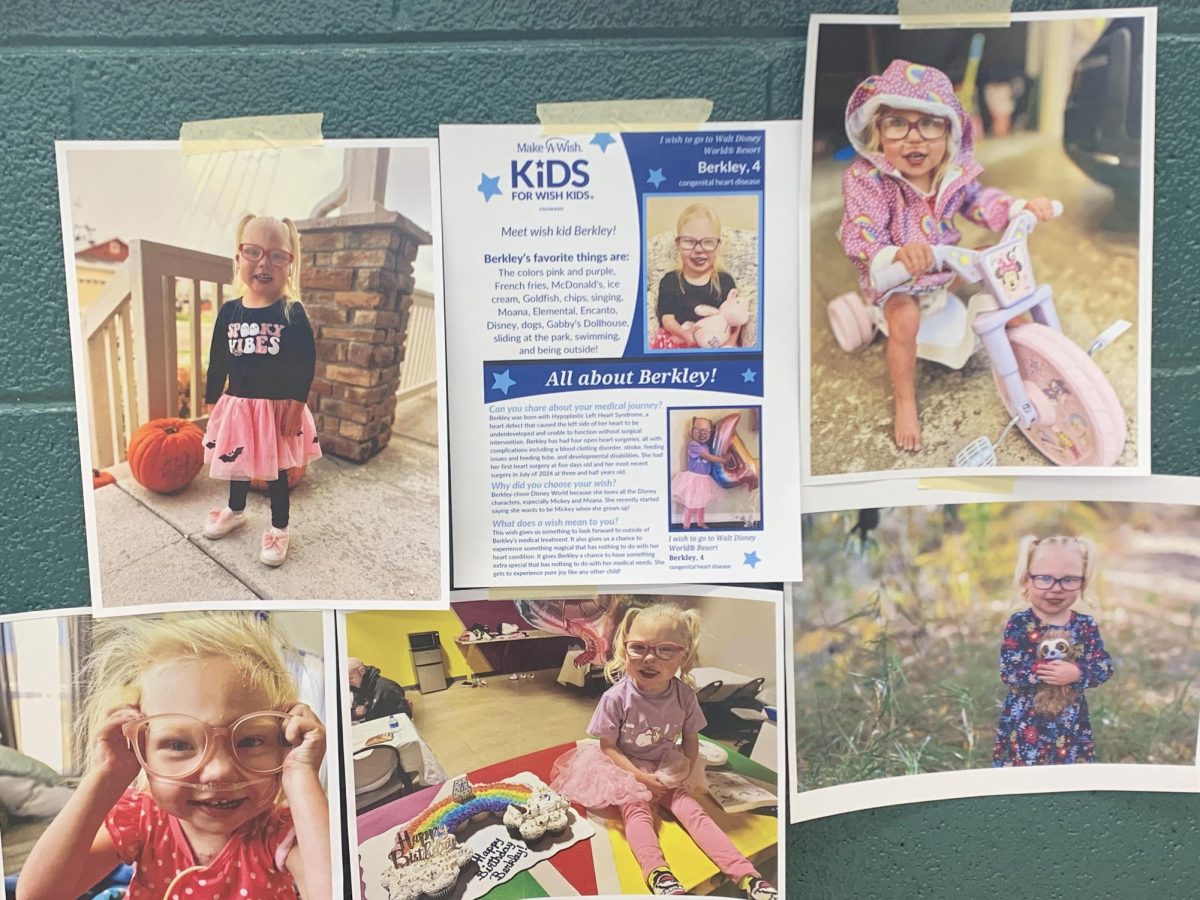


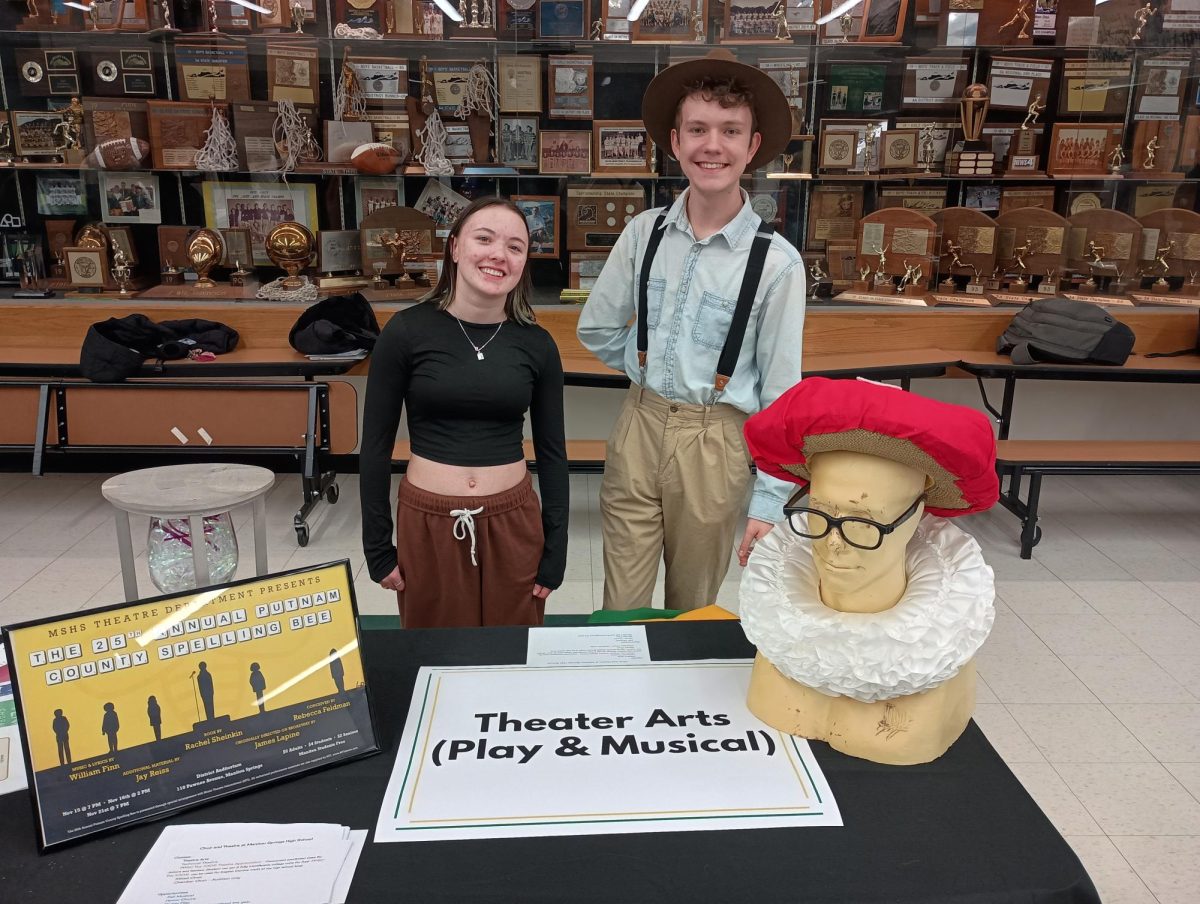
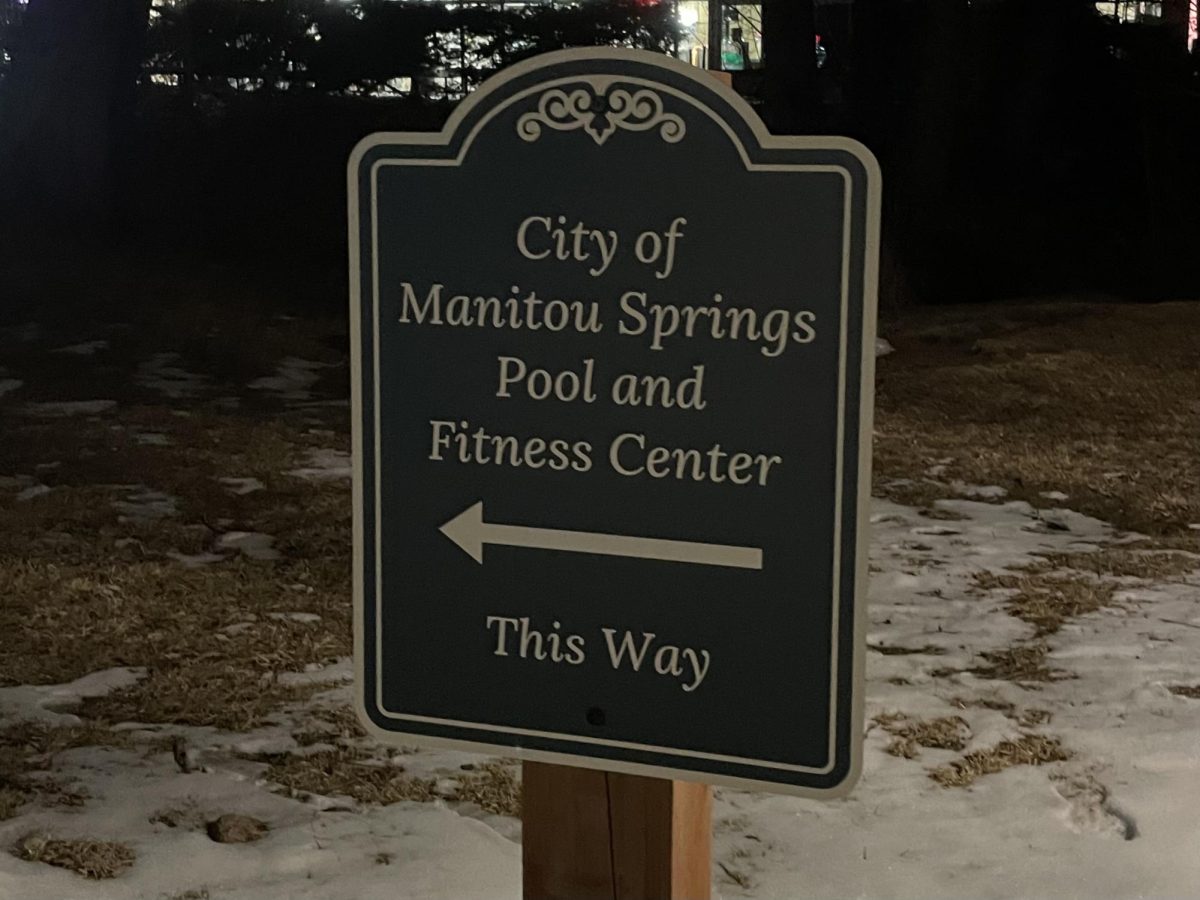
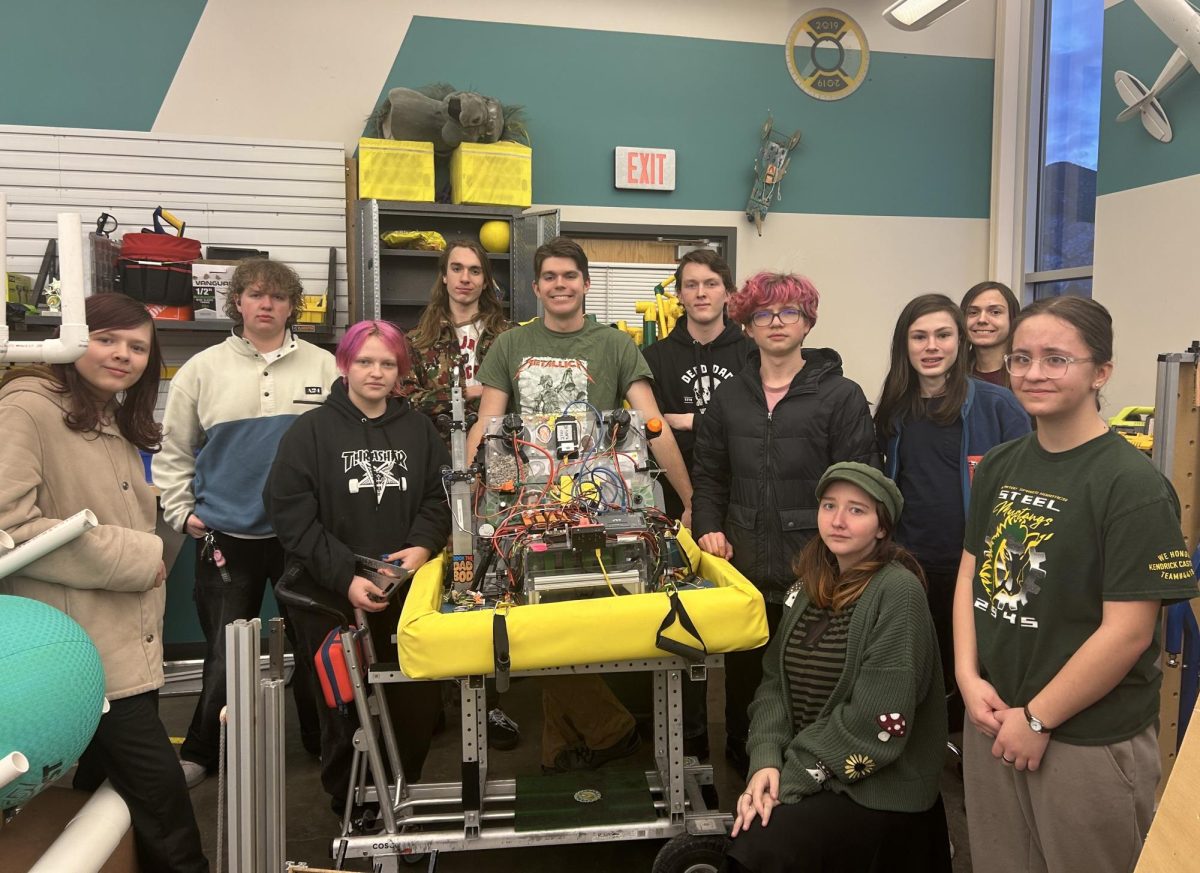
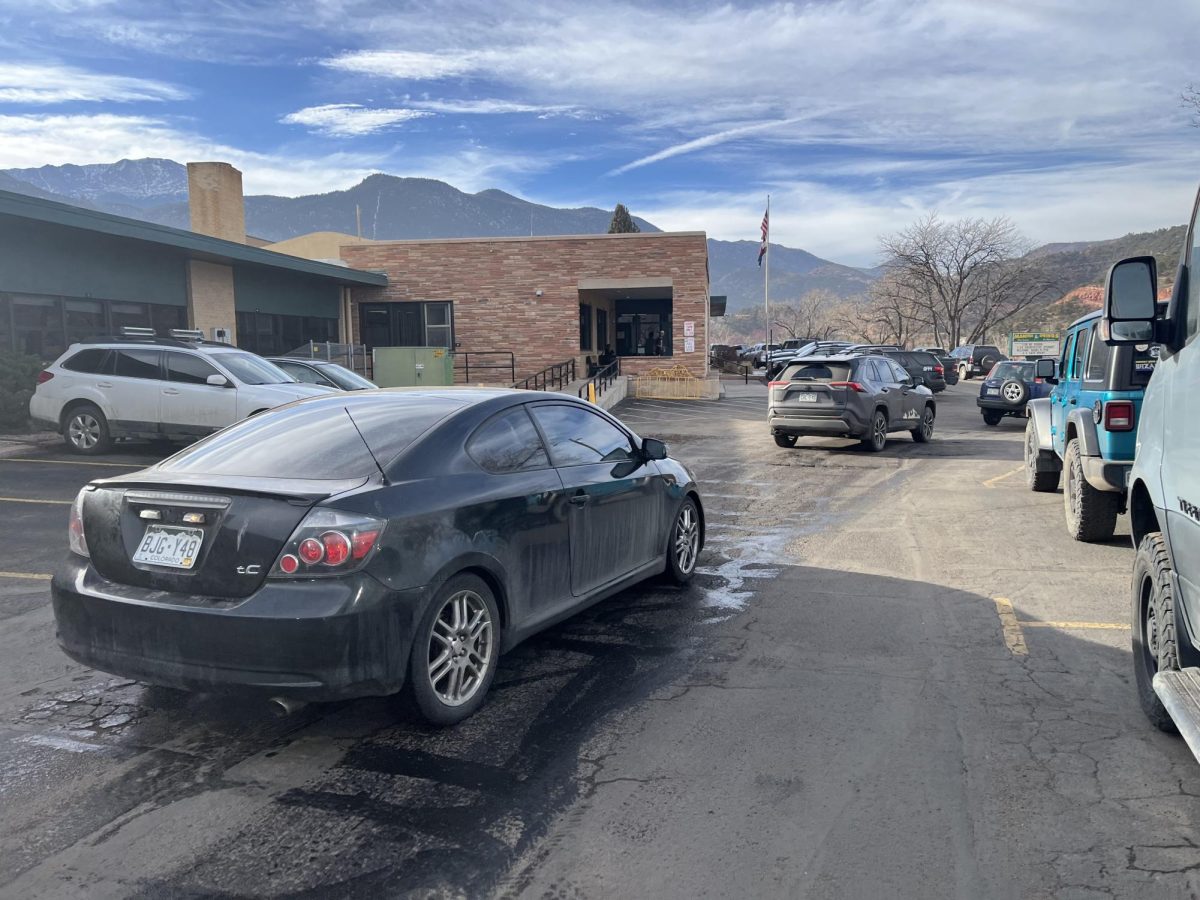
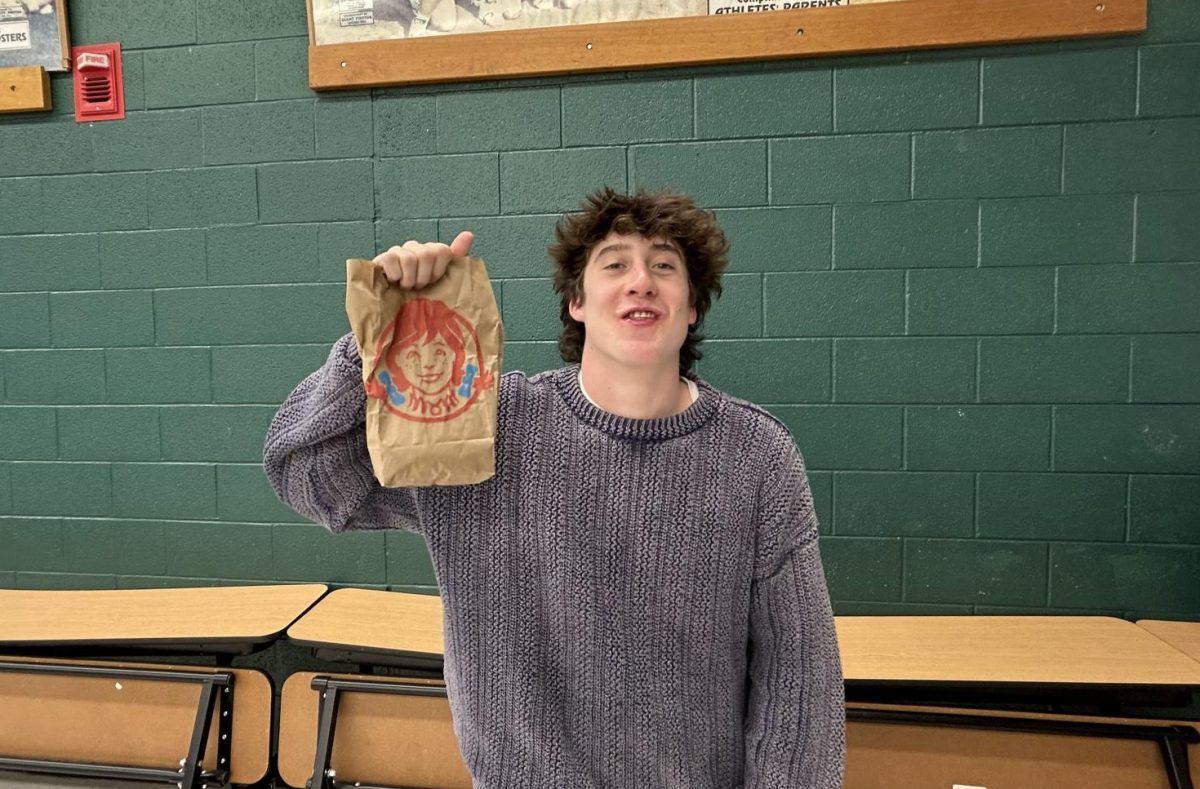
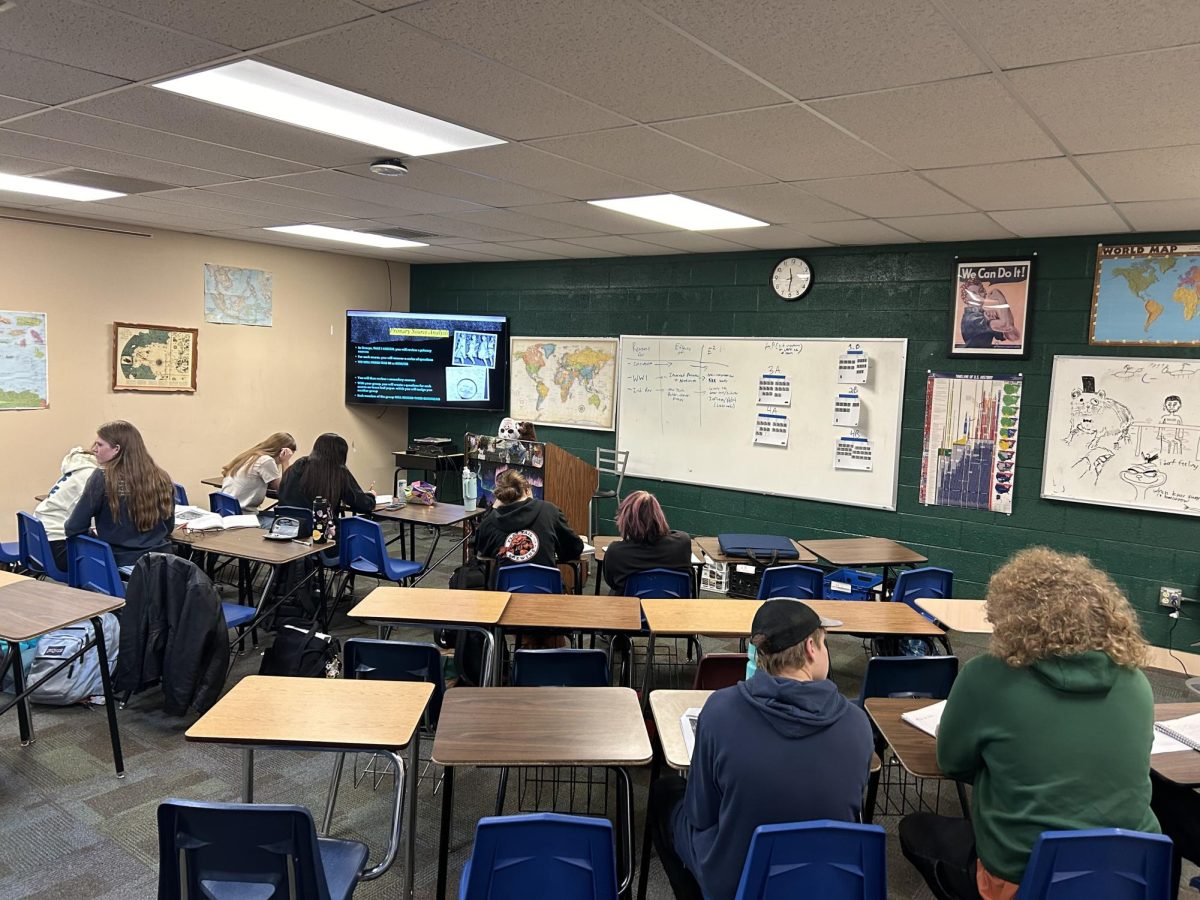
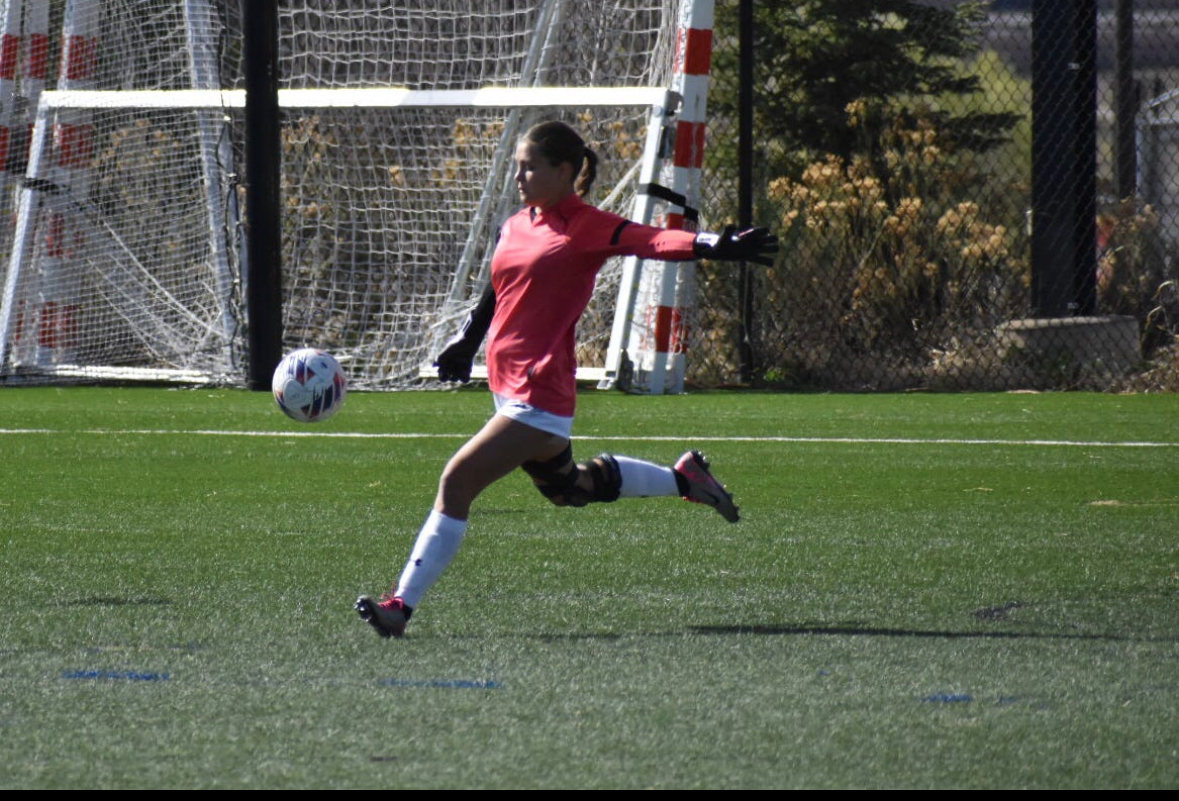
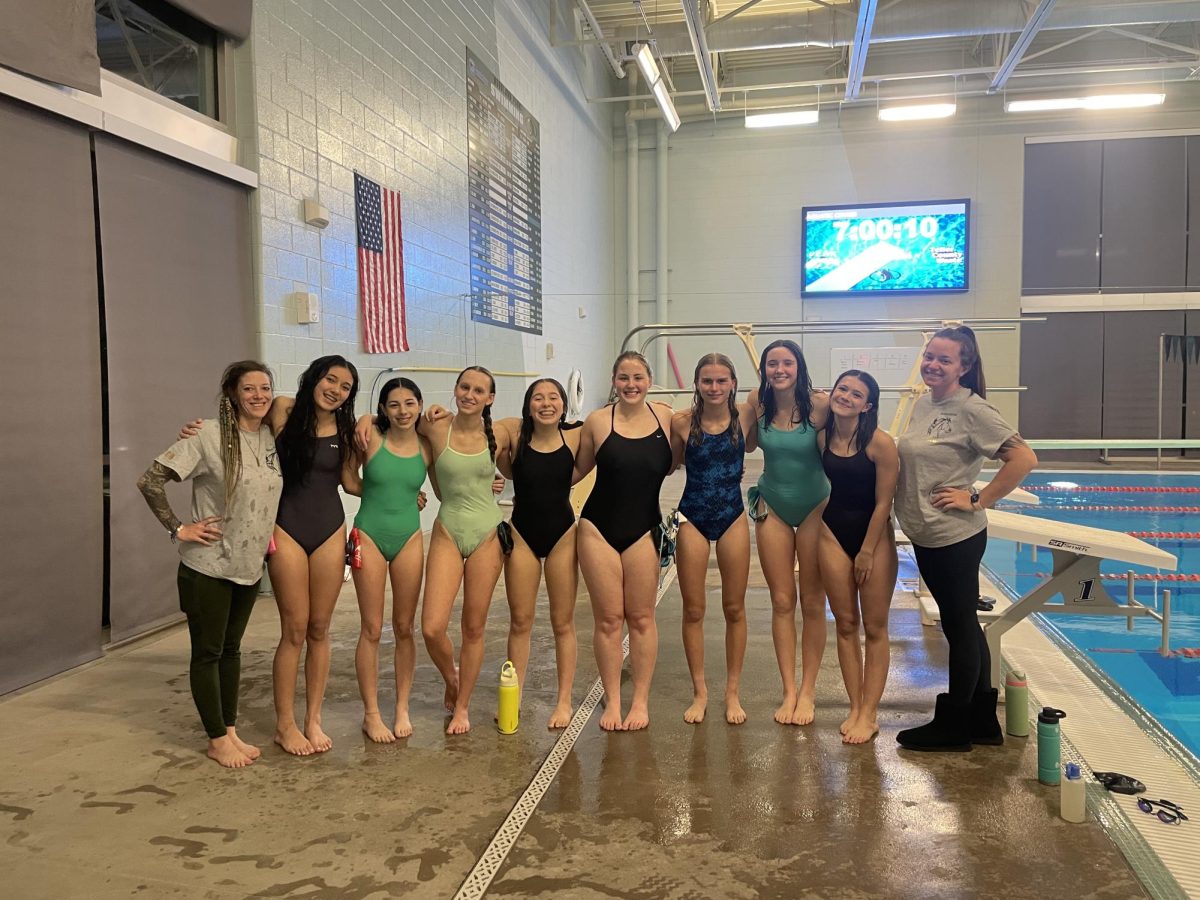
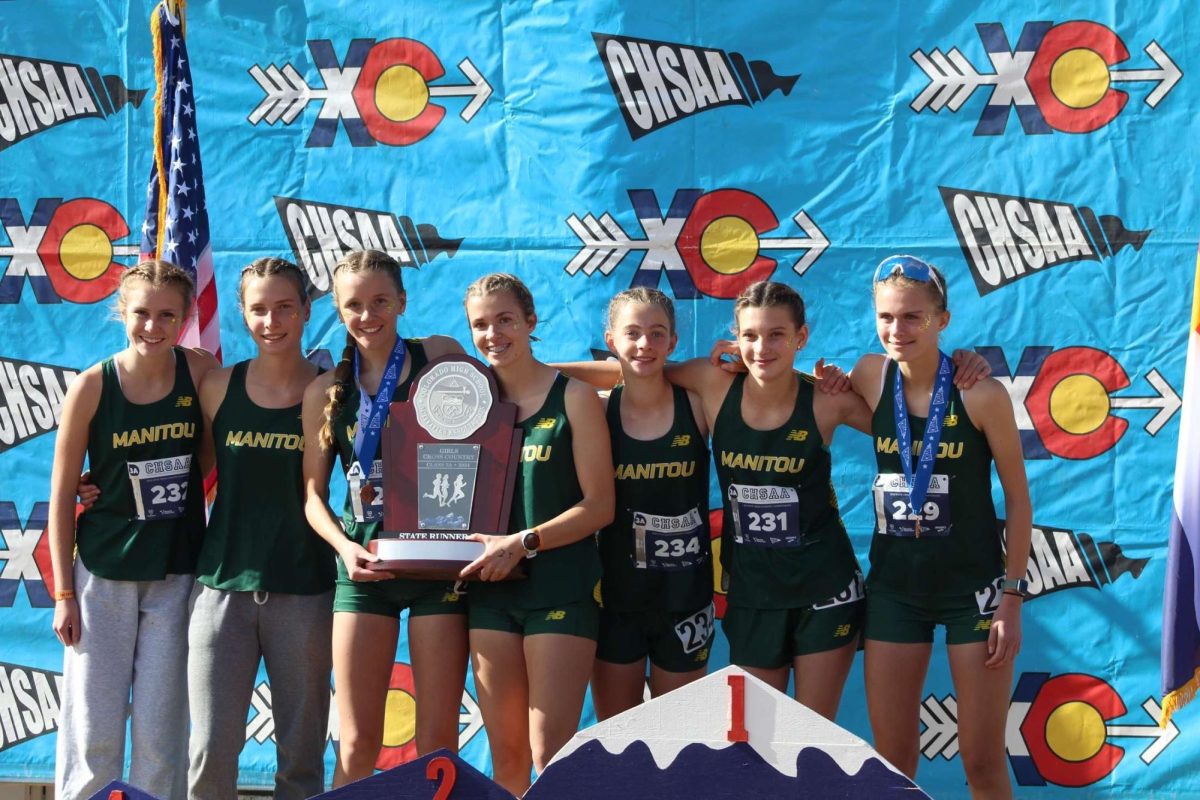

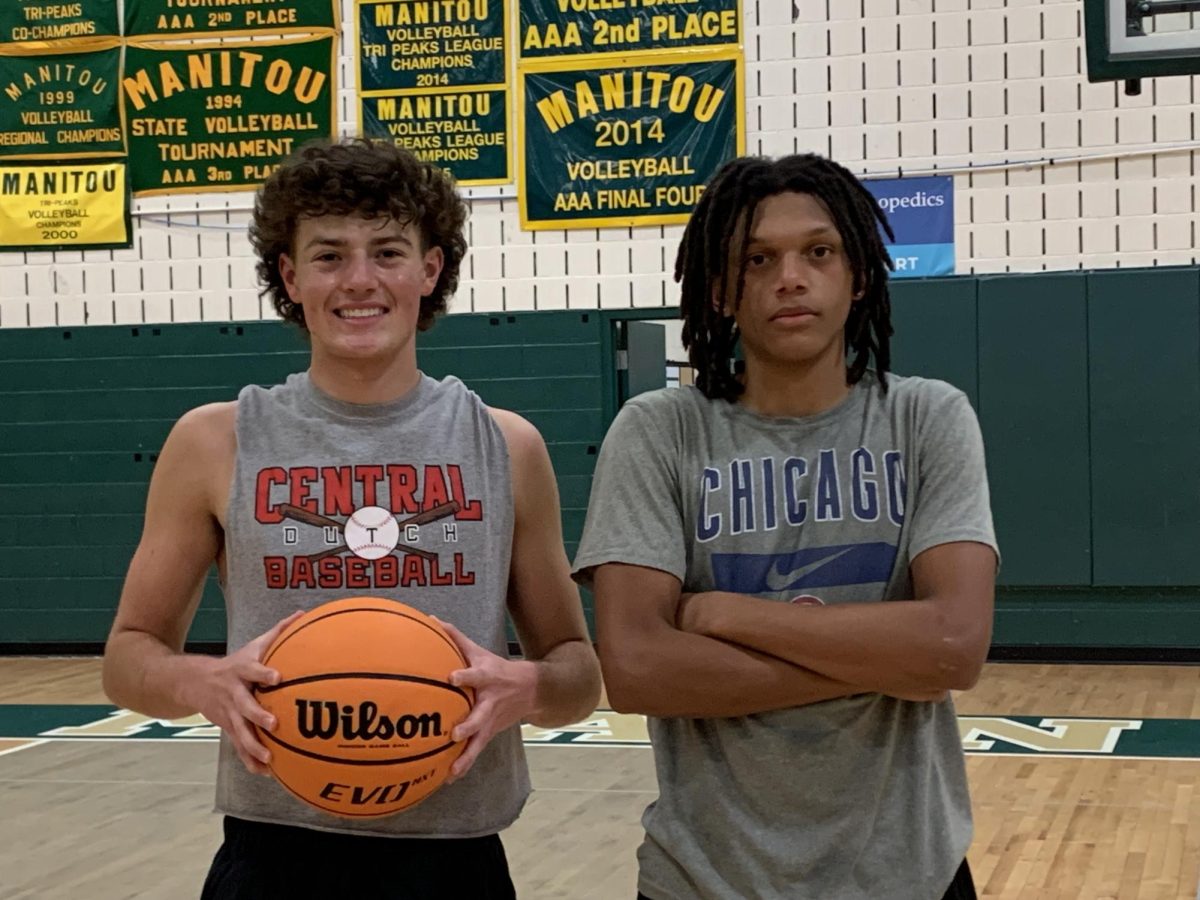
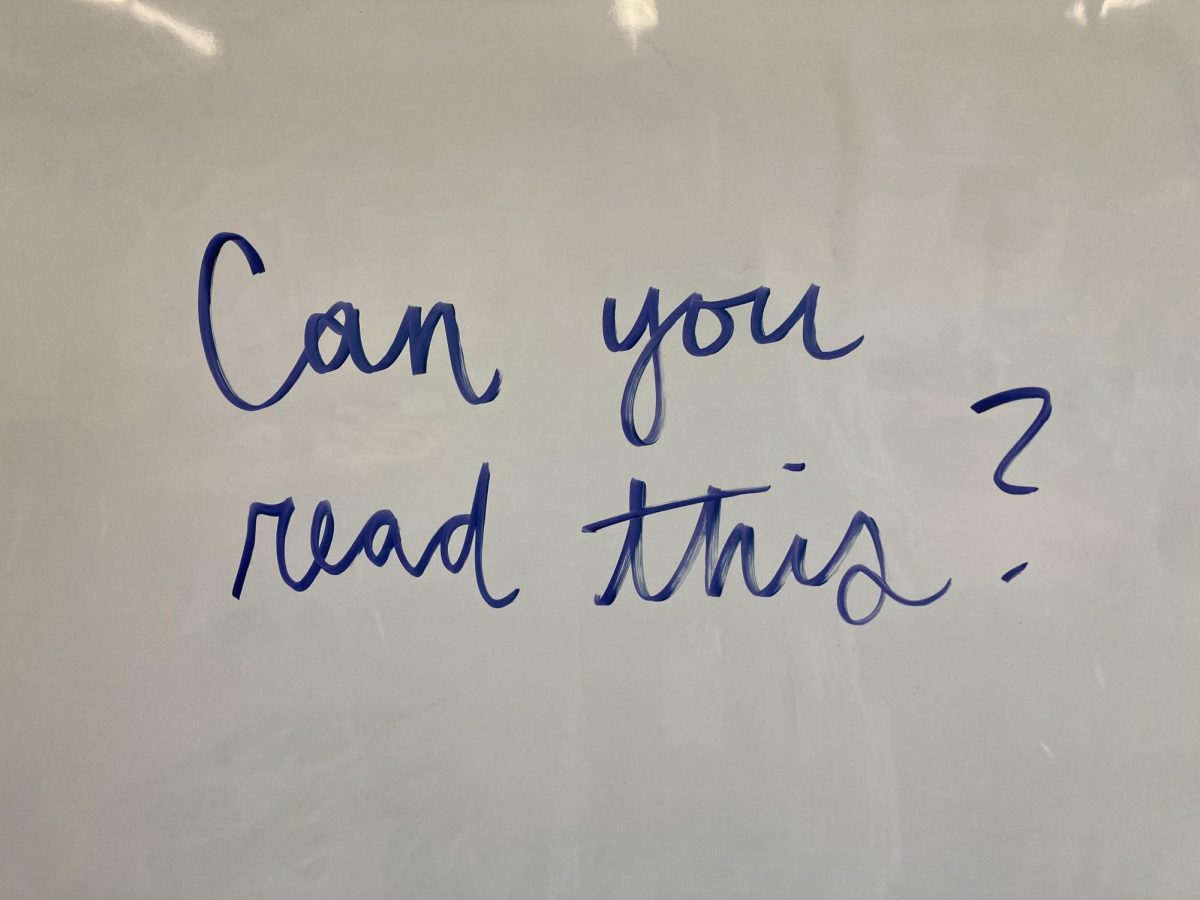
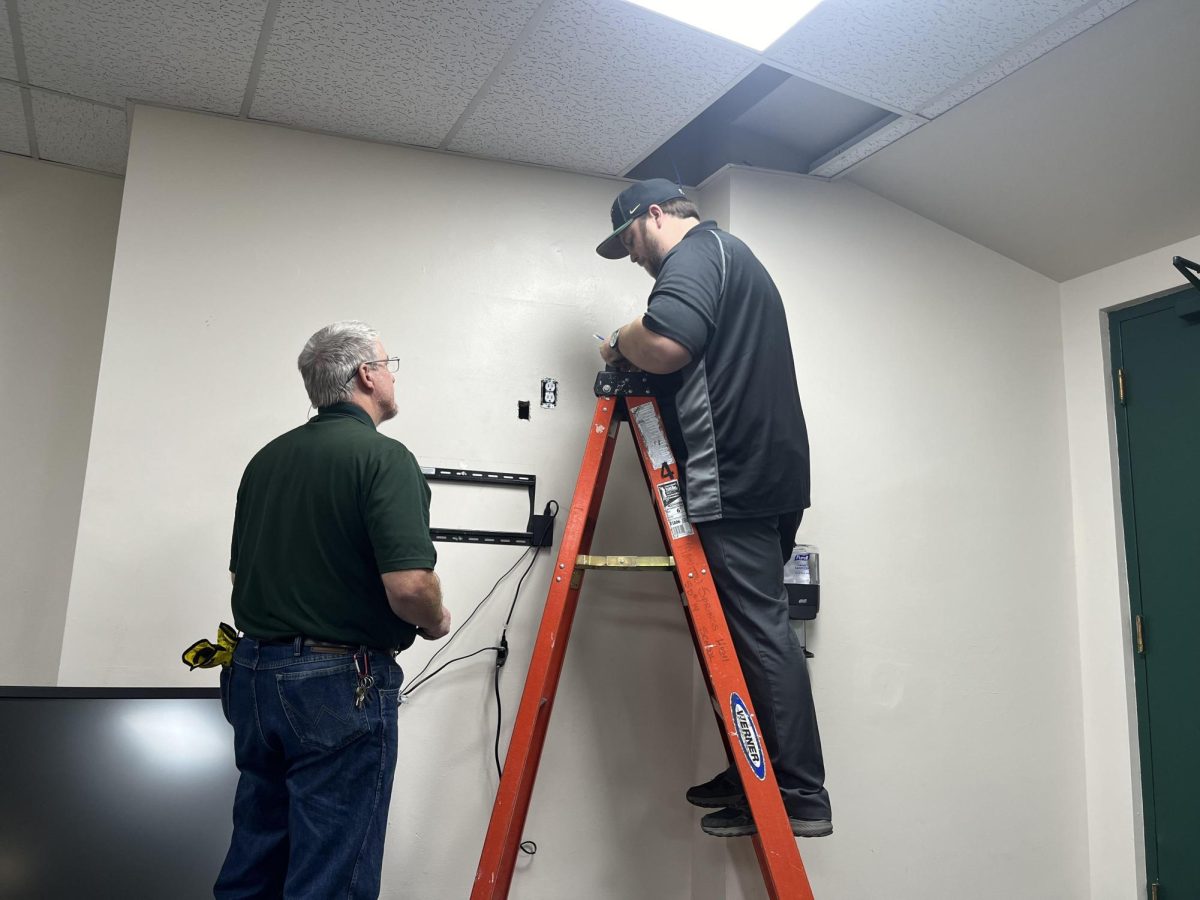
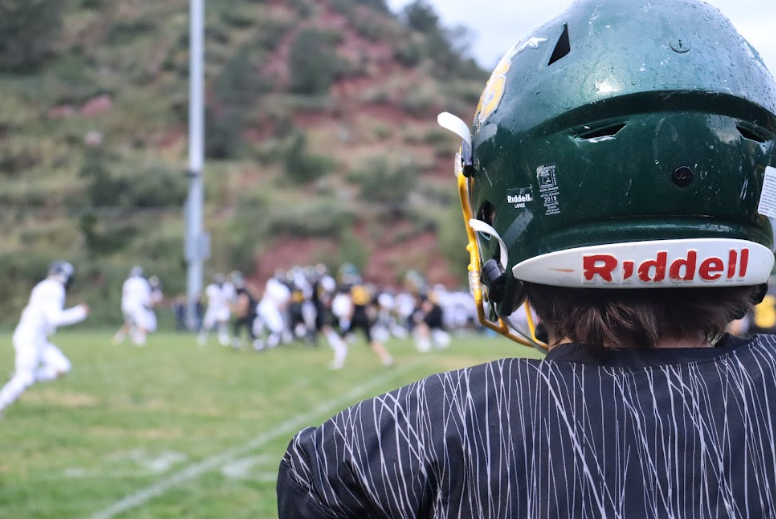




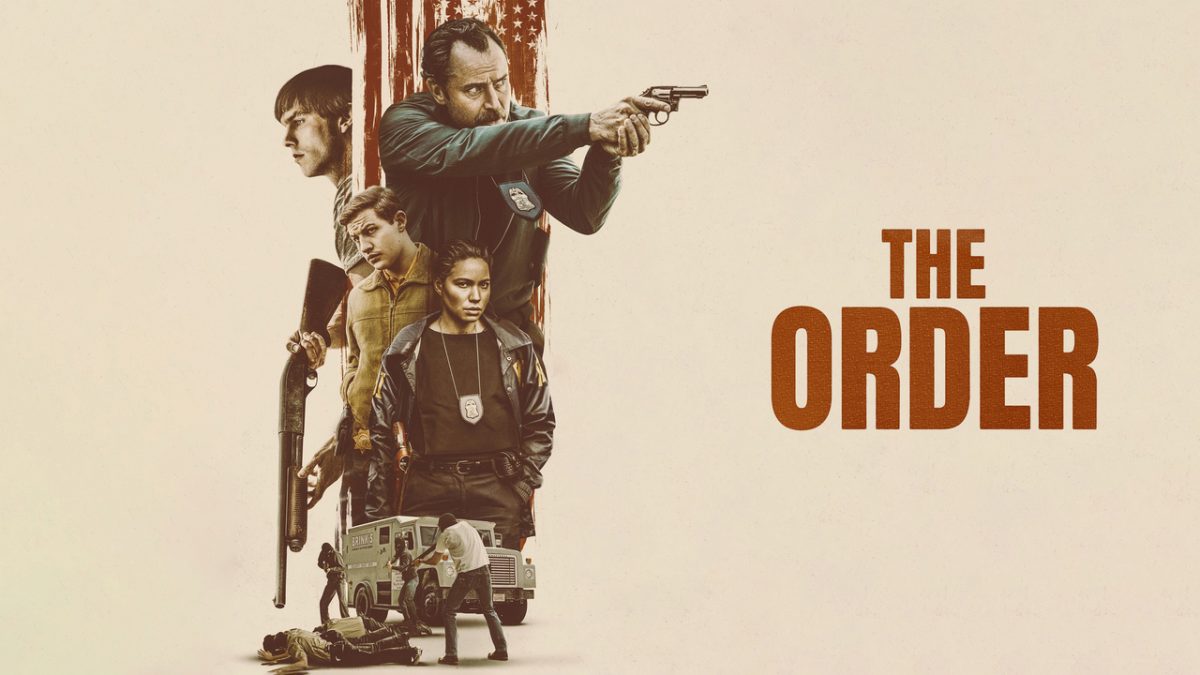
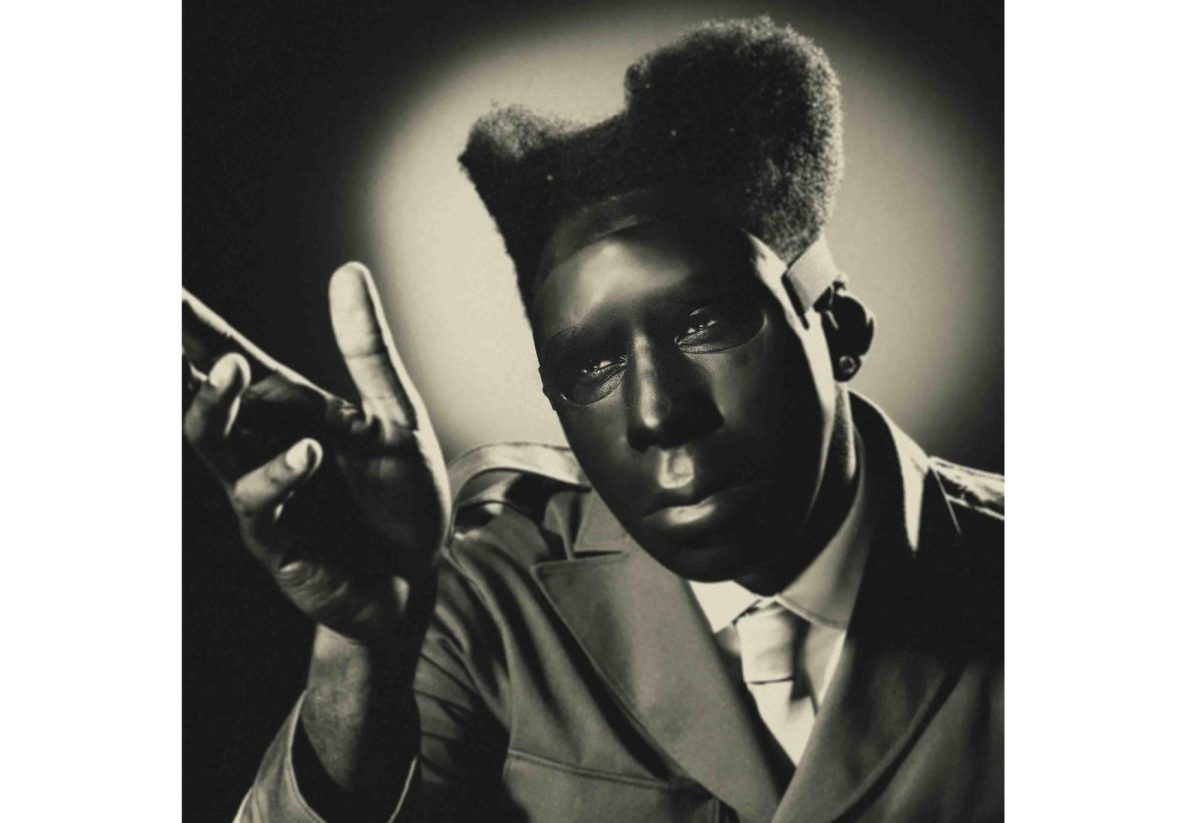
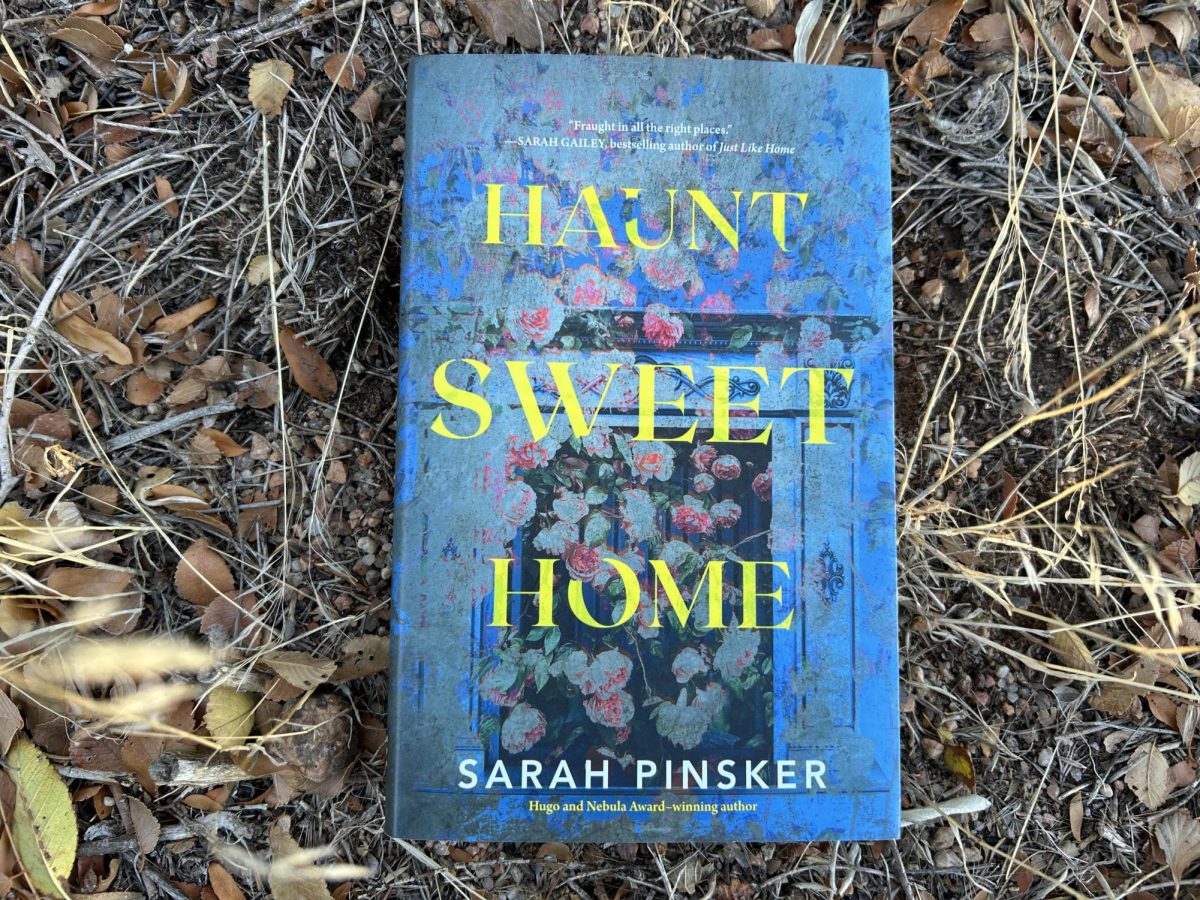
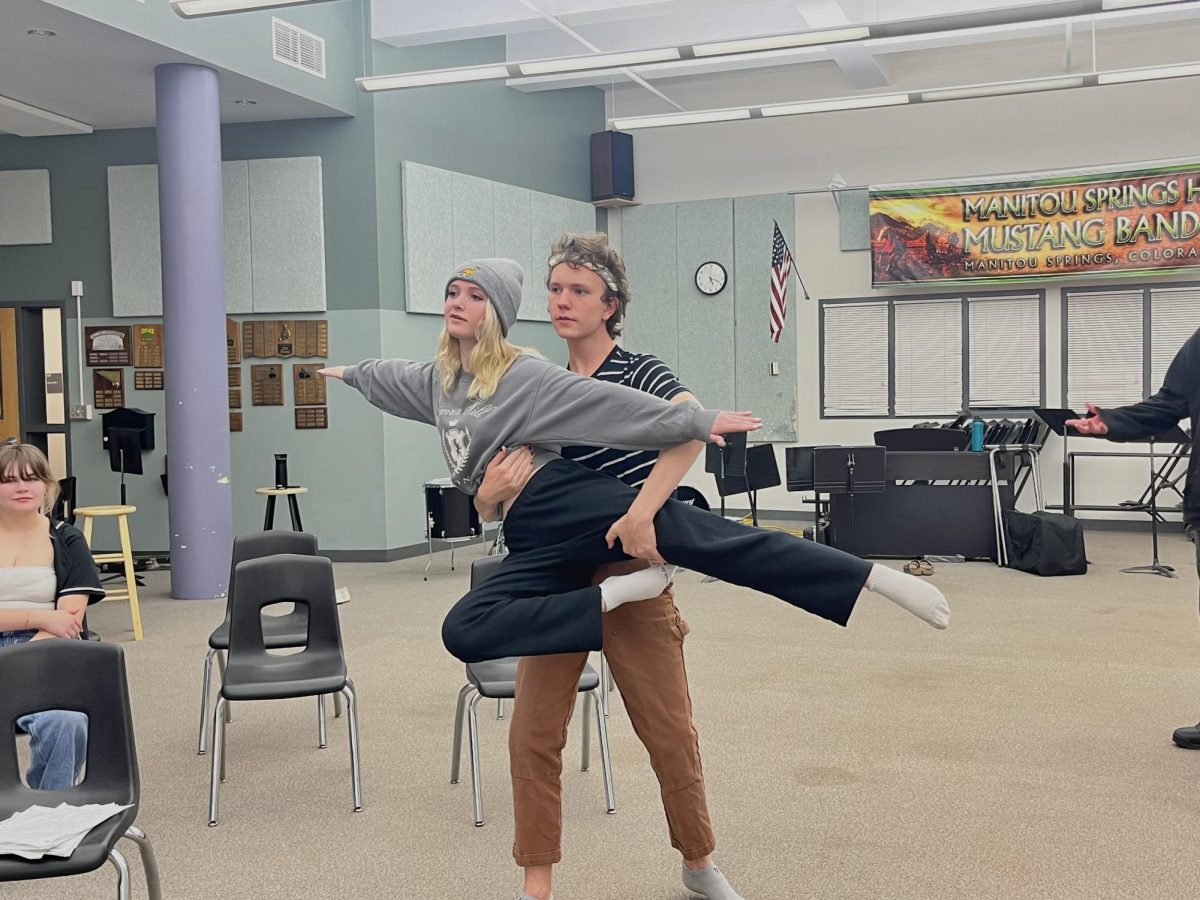

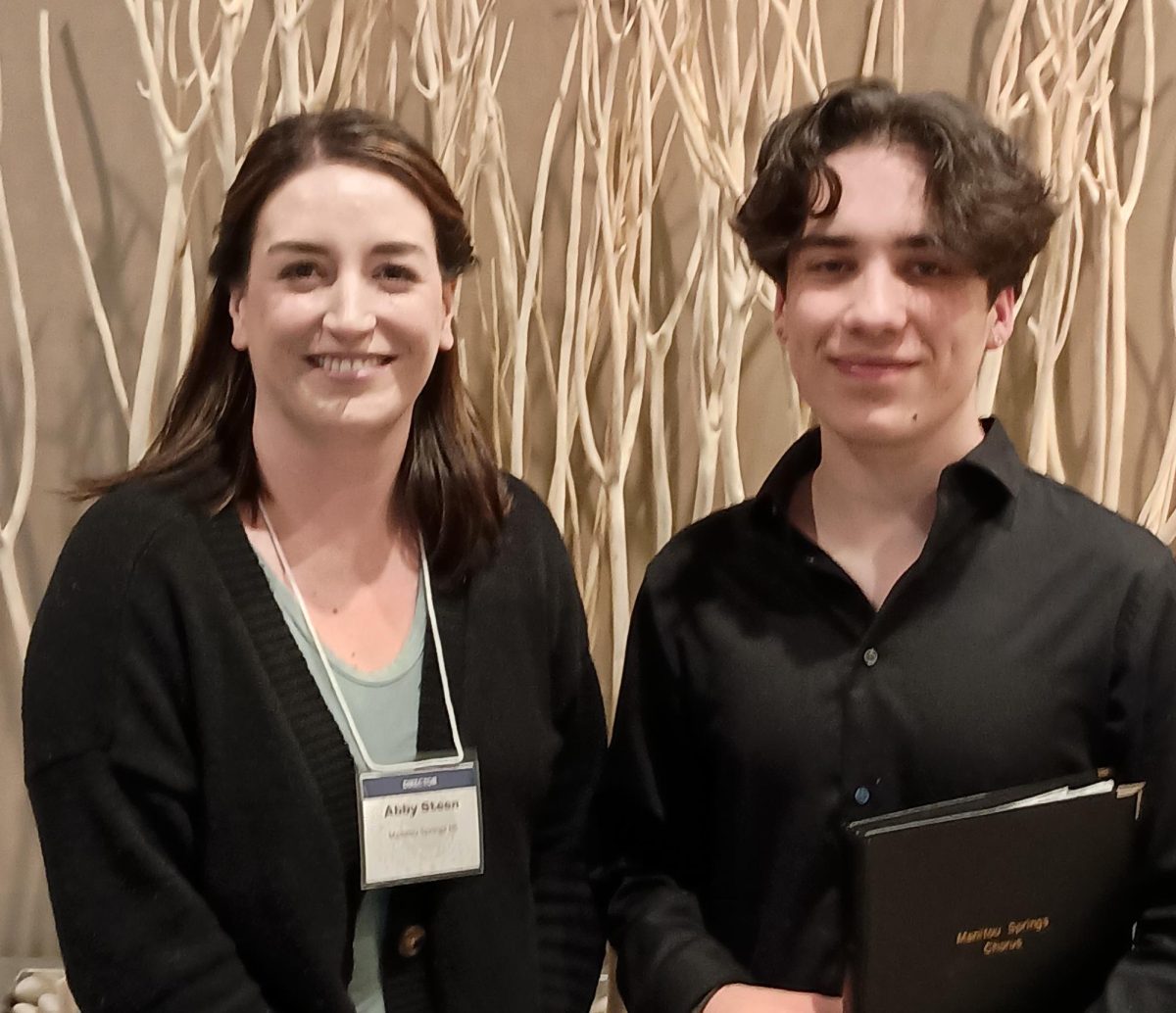

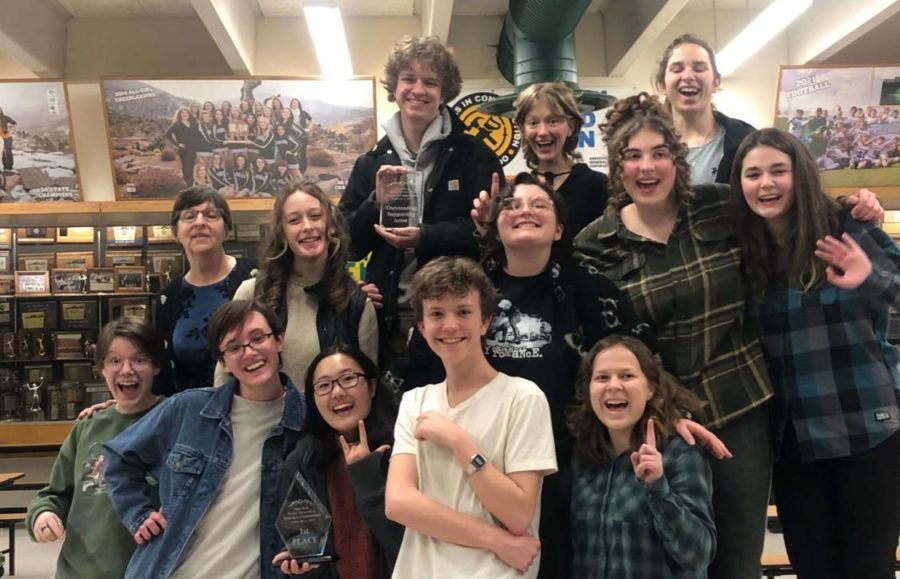







Annika Svanoe Wilson • May 9, 2013 at 1:08 pm
Good thinking. Great to hear your teacher is encouraging critical thinking about the most relevant crisis of our world.
Angelita Surage • Apr 22, 2013 at 2:38 pm
Extremely well written, insightful….journalism and social commentary
I hope that you are the voice of your generation!!!!!